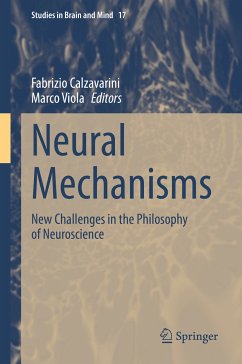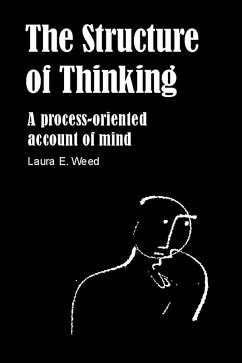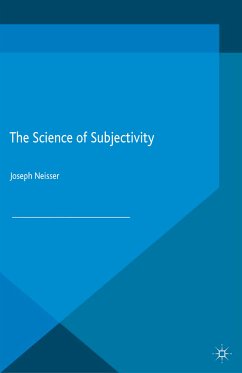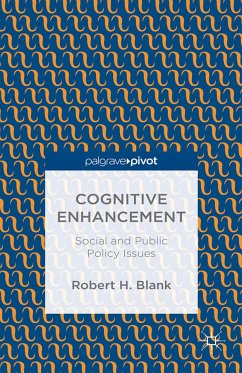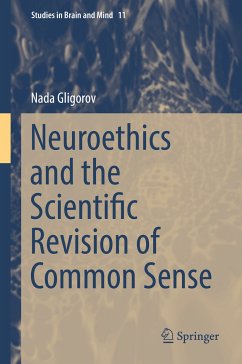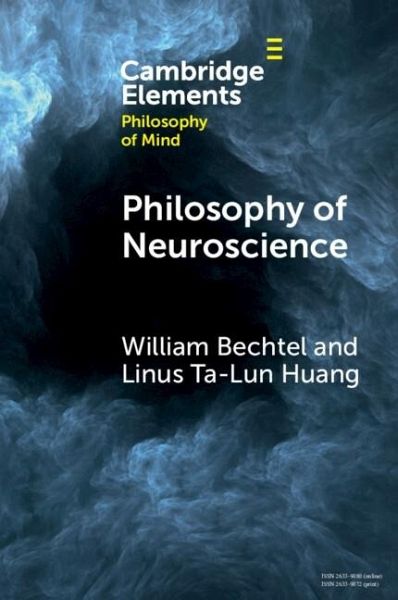
Philosophy of Neuroscience (eBook, PDF)
Versandkostenfrei!
Sofort per Download lieferbar
11,95 €
inkl. MwSt.
Weitere Ausgaben:

PAYBACK Punkte
6 °P sammeln!
This Element provides a comprehensive introduction to philosophy of neuroscience. It covers such topics as how neuroscientists procure knowledge, including not just research techniques but the use of various model organisms. It presents examples of knowledge acquired in neuroscience that are then employed to discuss more philosophical topics such as the nature of explanations developed in neuroscience, the different conception of levels employed in discussions of neuroscience, and the invocation of representations in neuroscience explanations. The text emphasizes the importance of brain proces...
This Element provides a comprehensive introduction to philosophy of neuroscience. It covers such topics as how neuroscientists procure knowledge, including not just research techniques but the use of various model organisms. It presents examples of knowledge acquired in neuroscience that are then employed to discuss more philosophical topics such as the nature of explanations developed in neuroscience, the different conception of levels employed in discussions of neuroscience, and the invocation of representations in neuroscience explanations. The text emphasizes the importance of brain processes beyond those in the neocortex and then explores what makes processing in neocortex different. It consider the view that the nervous system consists of control mechanisms and considers arguments for hierarchical vs. heterarchical organization of control mechanisms. It concludes by considering implications of findings in neuroscience for how humans conceive of themselves and practices such as embracing norms.
Dieser Download kann aus rechtlichen Gründen nur mit Rechnungsadresse in A, B, BG, CY, CZ, D, DK, EW, E, FIN, F, GR, HR, H, IRL, I, LT, L, LR, M, NL, PL, P, R, S, SLO, SK ausgeliefert werden.




